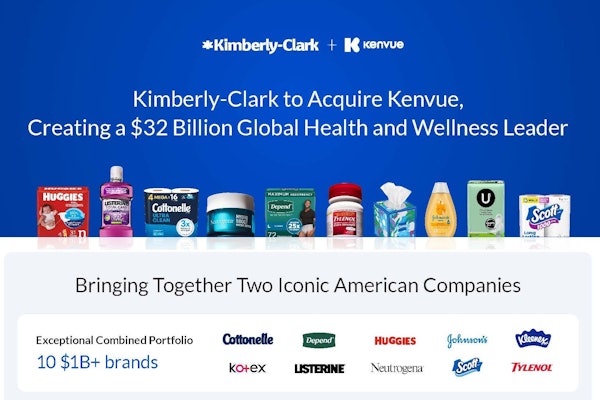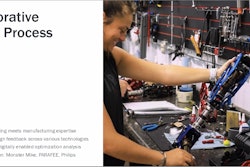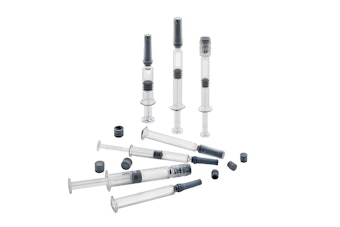
On the heels of a Healthcare Packaging survey of more than 1,000 stakeholders that reveals one half of the respondents have not started a serialization project yet, the attendees of Global Track and Trace GTT Roundtable May 8 in Ringoes, NJ, should consider themselves ahead of the curve.
"Started in 2009, the first meetings had maybe 10-15 people," said Greg Cathcart of Excellis. "Today we are topping 100 attendees."
But challenges remain. On the legislative front, Federal House and Senate bills are currently in the works that could effectively supersede California's legislation set to go into effect in 2015.
However, the pending Federal bills only address "lot-level" track and trace, so could California's call for serialized e-pedigree still stand?
Either way, most are seeking a global solution to be able to do commerce with Brazil, Saudi Arabia, Turkey, Mexico, China, South Korea, the EU, etc. So some sort of efforts have to be made.
Attendees to the one-day event (HCP was asked not to reveal participant names or companies) are making solid progress, but pilot programs are taking longer than anticipated. The issue does not center around the packaging line. “I'm assuming we can print a 2-D barcode wherever we need to,” said one attendee. "It’s the data that causes the problems."
There are still questions about who owns the serialization project, but many seemed to agree Supply Chain because of the need to reach out to trading partners (CMO's, contract packagers, wholesalers, etc.) beyond the four walls of the drug manufacturer.
Most pilots are centering around the drug maker's facilities, with a reluctance to bring contract manufacturers or packers into the fold at this stage. "I'll send them the serial numbers and they can send the information back to us," said one panel member. "We don't want them storing or sending any data anywhere else, we'll handle that."
One speaker talked about the challenge of getting top management to agree that serialization is a regulatory necessity, not promising any ROI in the near future. "Meet with your C-level Suite executive individually and then collectively as a team to make sure all buy in."
While the vast majority of pharmaceutical companies use SAP, they need a bridge from another supplier to do e-pedigree. But one attendee said SAP is meeting to discuss what kind of module would be necessary to accomplish this. "Hey, if we are on SAP and our trading partner is on SAP, can’t you make it advantageous for both of us?"
There is still talk of a great database in the sky, but nobody knows how this will be accomplished.
There was an interesting discussion about complying with California by 2015 which requires 50% of SKUs to be accounted for. Drug makers are strategizing to make the least possible impact on operations. Picking U.S. plants and in-house operations rather than going outside the U.S. or with a CMO or CPO.






















